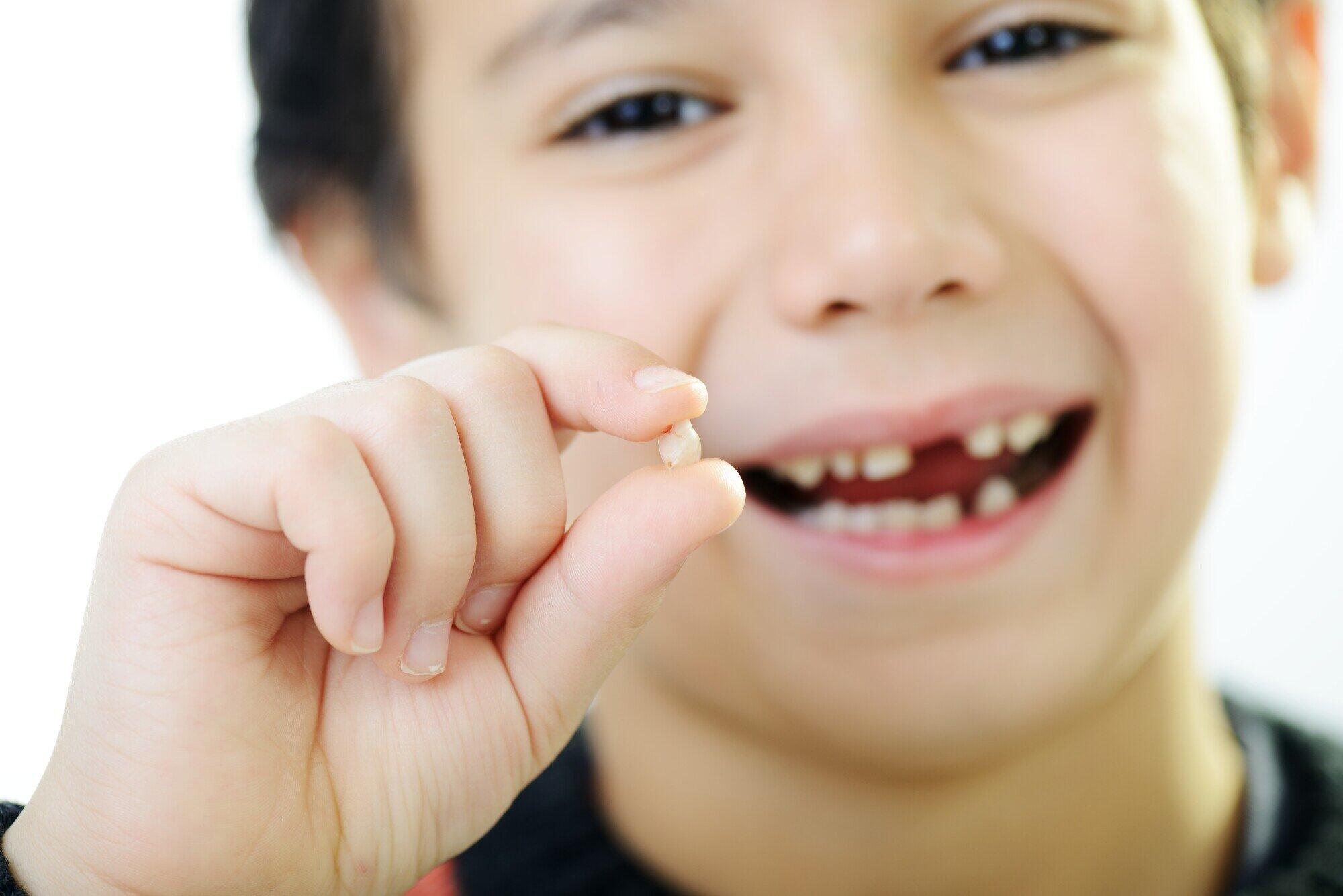
05 Sep 5 Things a Parent Should Know about Baby Teeth
As a parent, one of the most significant milestones in your child’s early years is the arrival of their first teeth. These tiny pearly whites play a crucial role in your child’s overall health and development.
According to the CDC, as soon as your baby’s teeth appear, it’s essential to start brushing them twice a day with a soft, small-bristled toothbrush and plain water. This simple routine sets the foundation for a lifetime of good oral health. Understanding the importance of baby teeth can help ensure your child’s smile remains healthy and bright as they grow.
In this guide, we will explore the top five things every parent should know about baby teeth to keep your child’s dental health on track.
1. The Importance of Baby Teeth in Development
Baby teeth may seem temporary, but they are vital to their early development. They help your child learn to do the following:
- Chew
- Speak
- Smile properly
Additionally, baby teeth act as placeholders, guiding permanent teeth into their correct position. If a baby tooth falls out prematurely because of injury or decay, it can cause the remaining teeth to shift and lead to alignment issues that might require orthodontic treatment much later on.
Chewing and Nutrition
Properly aligned baby teeth allow your child to chew food well. It also helps in digestion and ensures they get the necessary nutrients.
Speech Development
The correct placement of baby teeth plays a crucial role in speech development. Missing or misaligned teeth can cause speech impediments that may need correction.
Maintaining Space for Permanent Teeth
Baby teeth hold space in the jaw for permanent teeth. If a baby tooth is lost too early, other teeth can move into the space and cause crowding and misalignment.
2. When to Start Brushing and Dental Visits
It’s never too early to start caring for your child’s teeth. As mentioned earlier, brushing should begin when the first baby tooth emerges.
Use a soft, small-bristled toothbrush for infants, and initially, plain water will suffice. Around the age of two, you can introduce a small amount of toothpaste, about the size of a grain of rice.
In addition to brushing, it’s essential to schedule your child’s first dental visit by their first birthday or when their first baby tooth appears, whichever comes first. Early dental visits help our certified dentists check your child’s baby teeth growth and find any problems before they get worse.
3. Common Baby Teeth Problems to Watch Out For
While baby teeth are strong, they are still vulnerable to various dental issues. Here are some common baby teeth problems that parents should be aware of:
Teething Discomfort
Teething can cause significant discomfort for babies, leading to irritability, drooling, and a desire to chew on objects. To soothe your child’s gums, you can gently massage them with a clean finger or offer a teething ring.
Baby Bottle Tooth Decay
This happens when a baby’s teeth are in contact with sugary drinks like milk or juice for too long. To prevent this, avoid putting your child to bed with a bottle, and start transitioning to a cup around their first birthday.
Thumb Sucking
Thumb sucking is a natural reflex. However, if it goes on for too long, it can cause baby teeth to misalign. It may also affect how the jaw grows. If your child continues to suck their thumb beyond age three, it’s important to consult with your dentist.
Lip-Tie or Tongue-Tie
Some babies are born with a tight band of tissue under the tongue (tongue-tie) or upper lip (lip-tie), which can restrict movement. This condition can affect:
- Breastfeeding
- Swallowing
- Lead to gaps between the front teeth or other baby teeth problems
If you see problems with feeding or speech, talk to one of our dentists or your doctor to see if treatment is needed.
4. The Role of Fluoride in Protecting Baby Teeth
Fluoride is a crucial element in protecting baby teeth from decay. It strengthens the enamel of the teeth, making them resist acid attacks from:
- Bacteria
- Plaque
- Sugars in the mouth
As your child grows, they will naturally receive fluoride from various sources, including:
- Toothpaste
- Water
- Professional fluoride treatments at the dentist office
Fluoride Toothpaste & Treatments
Once your child is old enough to spit out toothpaste, usually around age two, you can begin using a fluoride toothpaste. Make sure they use only a pea-sized amount to minimize ingestion.
Our pediatric dentists may recommend professional fluoride treatments during routine dental visits to protect their baby teeth. These treatments help reinforce the enamel, especially in children at higher risk of cavities.
5. Encourage Good Oral Hygiene Habits Early On
Instilling good oral hygiene habits early in your child’s life is key to ensuring their baby teeth remain healthy. Here are some tips for fostering these habits.
Consistent Routine & Diet
Establish a consistent brushing routine, ideally twice a day, and stick to it. Use a timer or a fun song to ensure your child brushes for the recommended two minutes.
Limit sugary snacks and drinks that can lead to cavities. Encourage a diet rich in fruits, vegetables, and dairy products that support dental health.
Regular Dental Visits
Ensure your child visits the dentist regularly, starting from their first birthday. These visits will reinforce the importance of early dental health and care to catch any issues early.
Expert Dental Care for Your Child’s Baby Teeth
Baby teeth are crucial to your child’s overall health and development. Remember to start dental care early, watch out for common baby teeth problems, use fluoride, and encourage good oral hygiene habits.
McIlwain Dentistry specializes in pediatric dentistry, ensuring that your child’s baby teeth are well cared for right from the start. Our experienced team in Tampa, FL, is dedicated to providing comprehensive child dental care tips and expert advice tailored to your child’s unique needs.
Schedule an appointment today to give your child the best start in life with excellent baby teeth care from McIlwain Dentistry.


